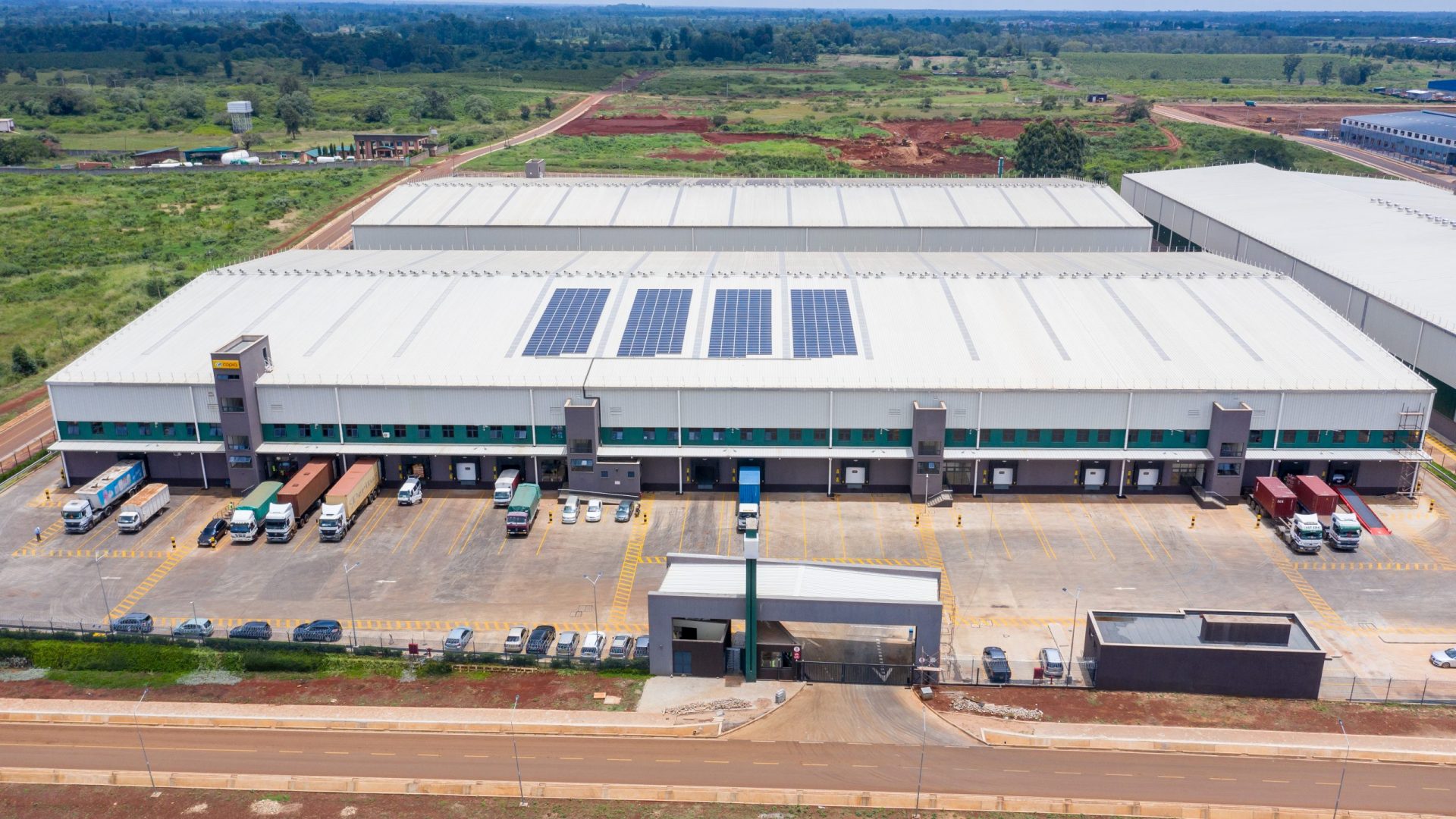This article was originally published by The Africa Report – you can find it here.
Companies must measure and disclose the impact they have on our environment. Quality reporting can accelerate decarbonisation and identify opportunities for value creation.
Climate change accelerates the depletion of natural capital all too quickly for our environment and communities to adapt. Left unchecked, these rapid environmental changes will cripple global ecosystems and the cost will be much greater than humanity can afford.
Understanding the impact of business on the natural world through structured and standardised environmental reporting is the first step in recognising the size of the challenge, prioritising areas for action and developing targeted intervention plans. Financial markets have always relied on reporting to inform asset pricing and capital allocation. We must now adapt these same reporting measures to help industries evolve and navigate the climate challenges we all face.
Mobilising collective action at the scale and speed required to keep the global temperature increase within 1.5 degrees of pre-industrial levels, requires a common understanding of environmental impact, in the form of a shared set of definitions and metrics.
Agreement on action, uncertainty on approach
Yet, despite emerging consensus on the need for urgent action, uncertainty on the approach still abounds. Addressing COP26, United Nations Secretary-General Antonio Guterres lamented: “There is a deficit of credibility and a surplus of confusion over emissions reductions and net-zero targets, with different meanings and different metrics.”
A statement reflecting the fact that over 70% of some of the world’s biggest corporate emitters failed to disclose the effects of climate risk in 2020 financial statements and 80% of their auditors showed no evidence of assessing climate risk when reporting.
However, a systematic approach towards clear, comparable, and consistent climate reporting is emerging. The Task Force on Climate-Related Financial Disclosures (TCFD), created by the Financial Stability Board (FSB), provides a framework for more effective climate-related disclosure focussing on governance, strategy, risk management, and metrics and targets.
The TCFD has already been endorsed by more than 1500 organisations in the public and private sectors. The Task Force on Nature-Related Financial Disclosures (TNFD) was built on the structure and foundation of the TCFD, to promote and advocate for worldwide consistency for nature-related reporting. These are evidence that momentum is building on climate-related reporting.
The prominence of biodiversity conservation in the COP26 discussions highlights the impossibility of separating natural capital and financial capital. Recognising the interdependencies between both, aided by reporting, will be critical in helping businesses map out their environmental footprint and the climate risks in markets within which they operate. Moreover, it will provide an understanding of how businesses can play a key role in the transition to net-zero, whilst creating access to affordable, quality goods and services, and greater economic opportunities such as sustainable jobs.
Looking at Africa
Balancing these apparently competing development priorities – and delivering returns – is vital to incentivising environment-conscious business operations and accelerating just transition in Africa. Putting people at the heart of this transition – and the process – is critical. The stakes couldn’t be higher than in Africa, a continent that has contributed least to climate change and yet is the most vulnerable to its effects.
Our low level of historic emissions whilst a cause for pride is also an indicator of how far the continent lags in terms of access to energy – a factor that continues to inhibit productivity and economic competitiveness.
Although renewable energy is proliferating across the continent, it currently does not provide reliable baseload power capacity in most countries. Failure to address the energy deficit risks locking millions of people into poverty. Rising to this challenge calls for improved information to support the design of a just transition which will equip Africans with skills, opportunities, along with other adaptation and resilience tools, to help meet the grave climate and nature-related threats.
Reporting frameworks will offer clear guidance and new models for integrating business growth and returns, with inclusive green development that mutually benefits nature, people, and businesses.
Over the long term, climate and nature-related reporting will be instrumental in transforming how businesses in Africa operate, ensuring they actively take responsibility for their contribution to a just transition across the continent.
Reporting is needed to show companies the environmental and financial cost of “business as usual” and inform the investment case for transitioning towards climate-resilient practices and nature-based solutions.
Bottom line
CDC Group has developed an ESG Toolkit for fund managers and financial institutions we partner with, to help them assess and reduce climate risk and integrate these assessments into their operations when identifying opportunities for innovation and value creation. Smart companies – particularly those competing for growth capital – will raise the bar on their ESG performance as an integral pillar of their sustainability strategy and may also be handsomely rewarded.
In 2020, 515 investors with $106trn in assets requested companies to disclose climate-related issues through CDP (formerly the Climate Disclosure Project) – an increase from 35 investors who signed CDP’s first disclosure request in 2002. Non-financial reporting on climate change and the environment also impacts financial performance.
For example, Data from STOXX showed that the CDP’s ‘A List’ – companies leading on environmental transparency and action, based on their annual disclosure – outperformed the global benchmark by an average of 5.3% per annum over a seven-year period.
At the 26th UN Climate Change Conference in Glasgow, the voices of young activists, civil society groups, and intensely vulnerable nations appealed for transparency, accountability, and immediate actions. Quality reporting can answer this call. Informed and diligent reporting will light the pathway toward creating productive, sustainable, and inclusive economies across the African continent. This is a well-utilised tool within the financial community. Now is the time to repurpose it for the preservation of our future.











